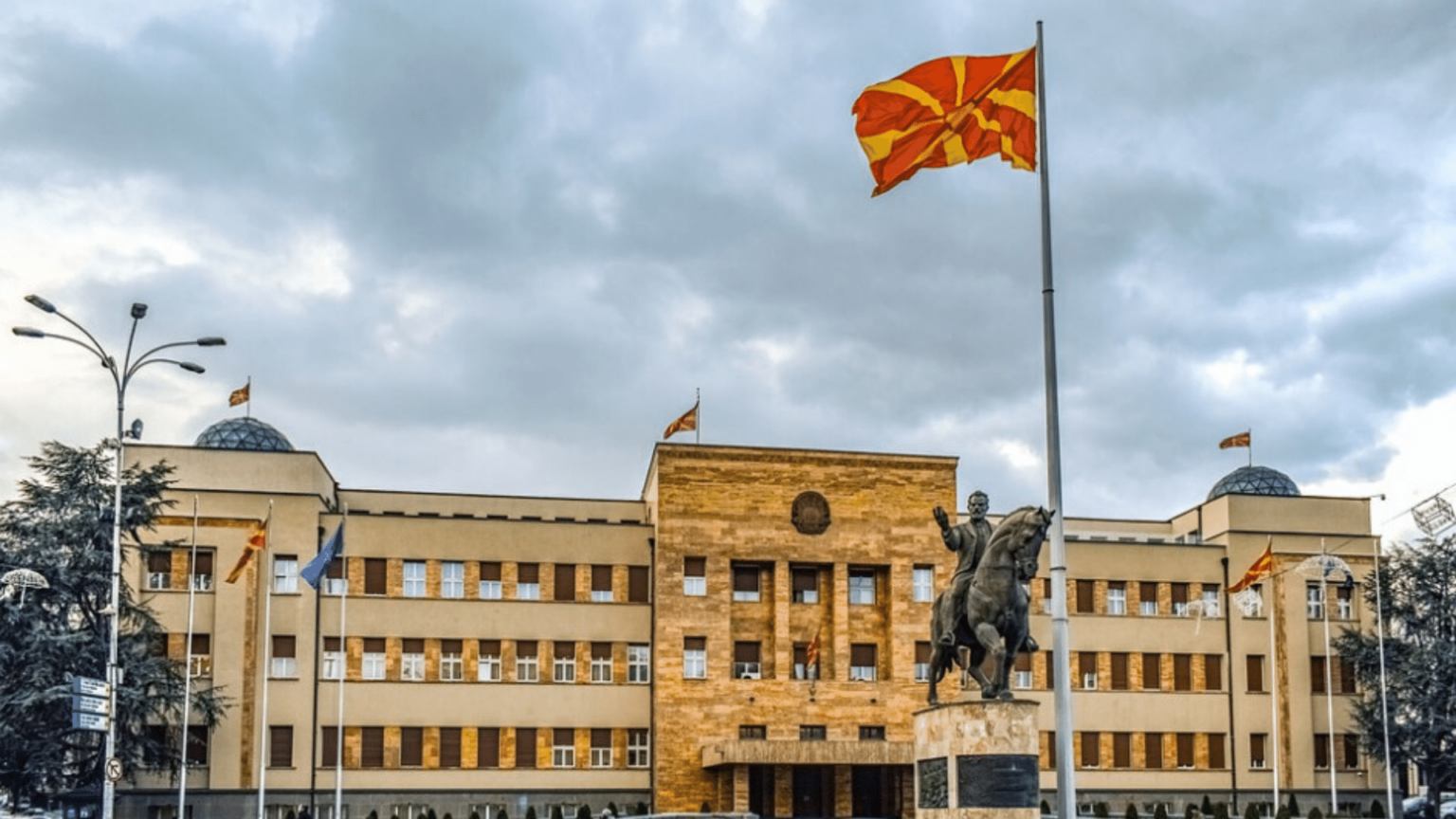ILGA-Europe and ERA joint statement on the Decision of the Constitutional Court of North Macedonia to repeal the Law on Prevention of and Protection against Discrimination

It is with great disappointment that ILGA-Europe and ERA received the news of the decision of the Constitutional Court of North Macedonia to repeal the Law on Prevention of and Protection against Discrimination on 14th May 2020.
This decision comes after an initiative submitted by the previous composition of the Commission for Protection against Discrimination to assess the constitutionality and the legality of the Law, as the Law was adopted without the required majority as regulated by Article 75 of the Constitution.
The adoption of the Law on Protection and Prevention of Discrimination was a victory for all citizens and for equality. The Law had for the first time explicitly prohibited against discrimination based on sexual orientation and gender identity – the result of many years of work, tireless commitment and perseverance of LGBTI activists in North Macedonia. The Law has also received positive opinions from the Venice Commission, the United Nations, the European Union and the OSCE-ODIHR.
The repealing of this Law means that in practice, LGBTI people are not efficiently and effectively protected from discrimination, in addition to the other marginalized groups who were previously protected under this law; such as Roma people, people living in poverty, people with disabilities, and women. It is still not clear whether the previous anti-discrimination law will become effective as a replacement, as the Constitutional Court has yet to decide on this matter, which creates a legal gap regarding anti-discrimination law. Additionally, the repealing of the Law will further postpone the establishment of the Commission for Prevention and Protection from Discrimination, leaving North Macedonia with a lack of independent and professional institutions for providing protection from discrimination, in a context of persistent hate crime and hate-speech being targeted at LGBTI people.
Protection from discrimination based on sexual orientation and gender identity has become a standard in the region, with Albania, Kosovo and Serbia having adopted such laws, and Bosnia and Herzegovina and Montenegro adopted such laws which are also inclusive of sex characteristics, thereby also protecting intersex people against discrimination.
This situation is especially urgent due to the postponement of parliamentary elections that were supposed to take place in April 2020, as a result of Covid-19 crisis. This means that until there is an election, there will be no opportunity for the Law to be re-adopted, leaving LGBTI people unprotected for a number of months, even until well into 2021.
The Ministry of Labour and Social Policy, which was the key actor in the elaboration and adoption of the Law back in 2019, has shown the commitment to the standards that it has set out, as well as a clear commitment to ensuring that the Law gets re-tabled after the elections.
We therefore call on the authorities of North Macedonia to ensure the protection of LGBTI people against discrimination under existing legal provisions, and we call upon the major political parties in the country to re-table the Law on Prevention of and Protection against Discrimination as soon as possible after the elections. North Macedonia must join its Western Balkan neighbours in protecting its citizens from discrimination based on sexual orientation and gender identity. In addition, we remind the authorities of North Macedonia that such a law is a key requirement for the opening of accession negotiations with the European Union.
LGBTI people should not be left behind and should be provided with adequate protection from discrimination, legal recognition of their identity, equal treatment and comprehensive human rights standards.
ILGA-Europe and ERA
UPDATE: On 27 October 2020, the Parliament of North Macedonia re-adopted the Law on Prevention of and Protection against Discrimination, which covers sexual orientation and gender identity grounds. Read more about the re-adoption of the Law.